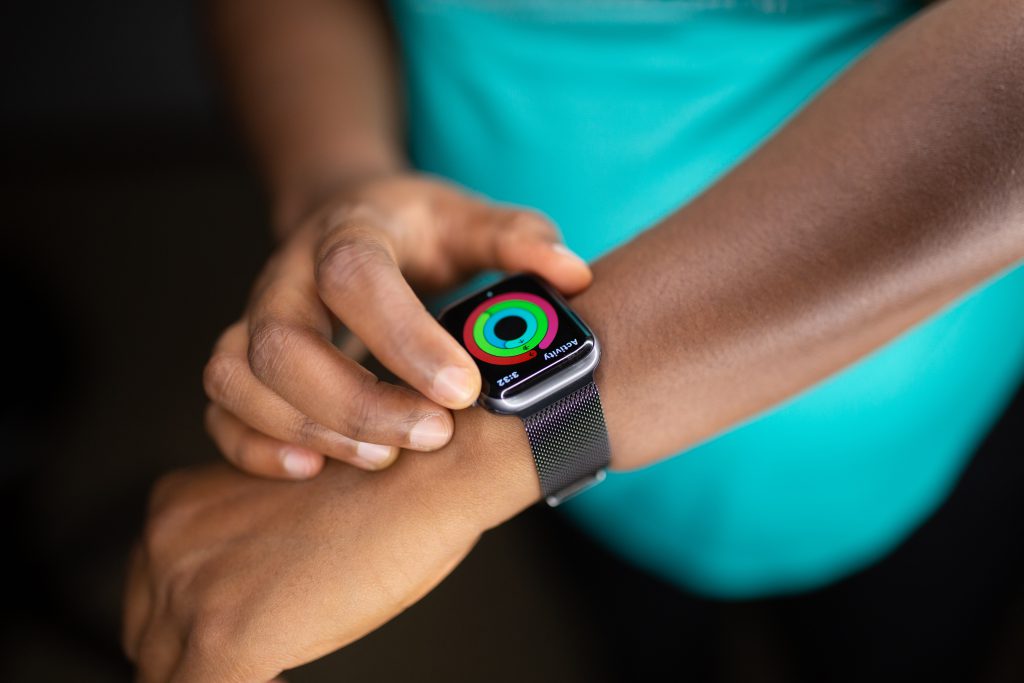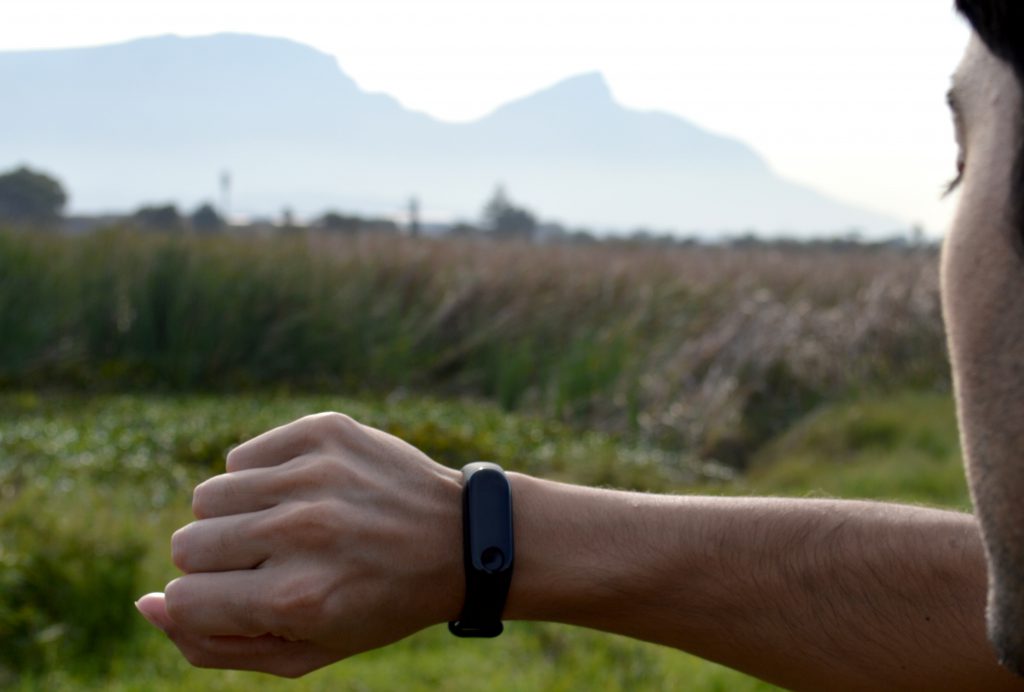As convenience and personal health/safety have become top priorities over the past year, it’s no surprise that customization and personalization are now key differentiators in nearly every purchase or decision. Restaurants, for example, are changing their ordering systems to accommodate to the new consumer preferences for having control over every aspect of their burger (no pickles please!).
But breaking down everyday life into metrics has become more and more common – and I’m experiencing it right now. Many of my friends and family have either a FitBit or an Apple Watch, and this is further proving how much of our lives are becoming oriented around metrics. Think about it: many people (I am including myself within this group) have a goal to hit 10,000 steps a day, even though that is a number that was just made up by as a marketing tool for a product sold in 1965. Yet, it is a goal many set their personal fitness tracker to keep an eye out on daily.

On top of that, a lot of organizations are now using these metrics to gamify getting exercise and the overall experience with the brand. In the last couple of years, there have been some gyms that have a point system based on various gym metrics, and for those who score the highest they receive some form of reward. There are leaderboards for who frequents the gym the most.
Or another example: if you have an iPhone, you get weekly updates on how much you use your phone daily (over 9 hours for me, yikes!). These metrics can help us change habits that we might not be proud about. A lot of technology today will even let you set your own limits for usage, like app usage on your iPhone.
I’m not bemoaning these personal metrics; I think they’re great! 10,000 steps might not be realistic for everyone, and if that’s the case change the metrics to match your needs. All of us here at Sogolytics are never going to say no to making data-driven decisions.

I recently received a nice smart watch as a reward (thank you Baylor for winning my March Madness bracket this year!), and once I started seeing my lack of activity during the day, I made more of an effort to change that for the betterment of my physical and mental health.
Now that I’ve been working for a data-driven company for the last year and a half, I’ve realized how impactful metrics are to our personal lives: the cars we buy, the jobs we accept, the hobbies we involve ourselves in. Of course, there are gut-decisions, too — the decisions one makes based off of a feeling rather than data.
The question I’ve been pondering is: as our world becomes more technologically driven, will more of our decisions be based on various metrics? Will I base my physical health on how I feel or what my watch says my PAI is? Time will tell, but in the meantime if you’re looking to make data-driven decisions you don’t necessarily need to strap a watch on – look into Sogolytics to help you receive the data you need to make better decisions for your business.






